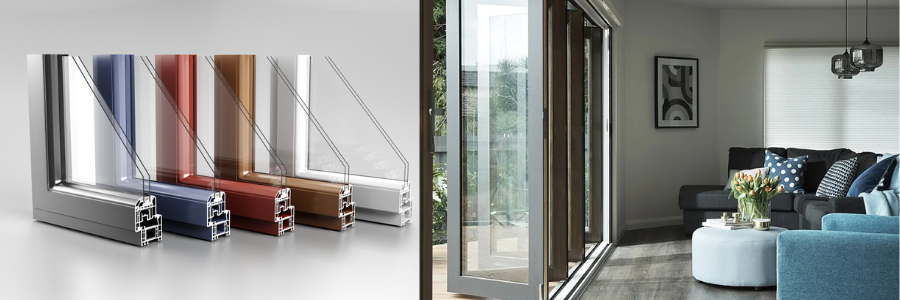When it comes to selecting the right windows for your home, the material of the frame plays a key role in both aesthetics and functionality. Aluminum windows are a popular choice among homeowners due to their sleek design, strength, and versatility. However, like any material, aluminum windows come with their own set of benefits and drawbacks.
If you’re considering aluminum windows for your next home improvement project, it’s important to understand the pros and cons of this option before making a decision. In this comprehensive guide, we’ll explore the advantages and disadvantages of aluminum windows so you can determine whether they’re the right fit for your home.
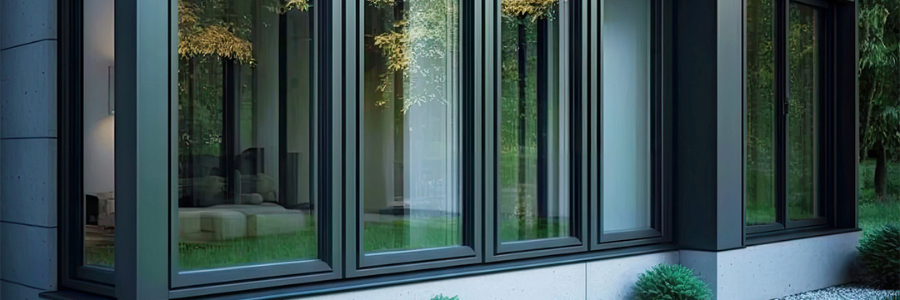
What Are Aluminum Windows?
Aluminum windows are windows that feature frames made from aluminum, a lightweight, durable, and corrosion-resistant metal. Aluminum window frames are typically made from extruded aluminum, meaning the metal is forced through a mold to create a specific shape. This allows for precise and durable frames that are strong and can support larger glass panes, making them a popular choice for modern and contemporary-style homes.
Aluminum windows come in a variety of designs, including single-hung, double-hung, casement, and sliding windows, and they can be finished in different colors and coatings to suit your home’s aesthetic.
Now, let’s take a closer look at the pros and cons of choosing aluminum windows for your home.
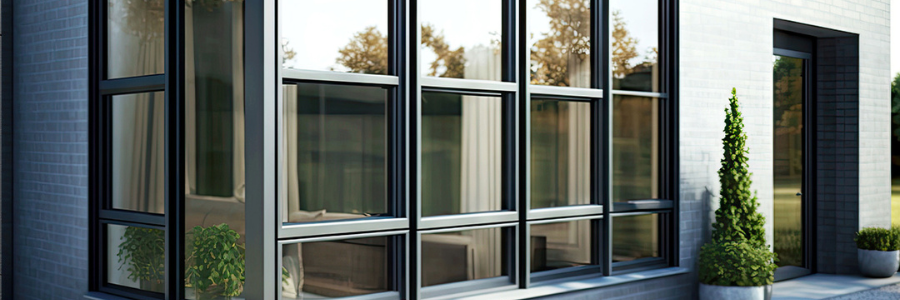
Pros of Aluminum Windows
1. Durability and Strength
One of the biggest advantages of aluminum windows is their exceptional strength and long-lasting durability. Aluminum is a robust material that resists warping, cracking, and rotting, which makes it ideal for areas with extreme weather conditions, including hot summers or cold winters. Aluminum frames can support larger panes of glass compared to wood or vinyl, which gives your windows a modern, sleek appearance without sacrificing structural integrity.
Because aluminum is resistant to the elements, aluminum windows typically have a long lifespan, often outlasting other window materials such as wood or vinyl. With proper care, you can expect aluminum windows to remain functional and visually appealing for decades.
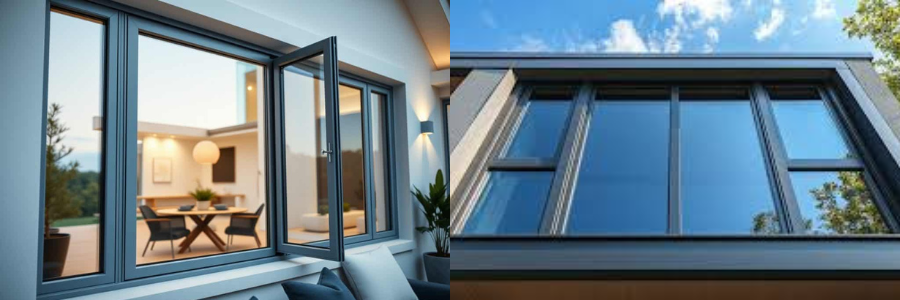
2. Low Maintenance
Aluminum windows are relatively low-maintenance, particularly when compared to wood windows, which require regular painting and sealing to prevent rot or weather damage. Aluminum frames are resistant to rust, corrosion, and decay, which means they don’t need constant upkeep.
If you live in a coastal area, aluminum frames are an especially good choice because they resist saltwater corrosion better than wood or steel frames. The smooth surface of aluminum windows is easy to clean with a damp cloth or mild soap solution, making maintenance a breeze.

3. Sleek and Modern Aesthetic
Aluminum windows are known for their sleek, modern appearance. The material has a thin profile, allowing for larger panes of glass and more natural light to enter your home. This clean, minimalist look is often favored in contemporary and industrial-style homes, where expansive views and plenty of daylight are desired.
Since aluminum frames are more slender than other materials like wood or vinyl, they also allow for better visibility and fewer obstructions in your view, which is an important consideration when you want to make the most of your windows’ design.
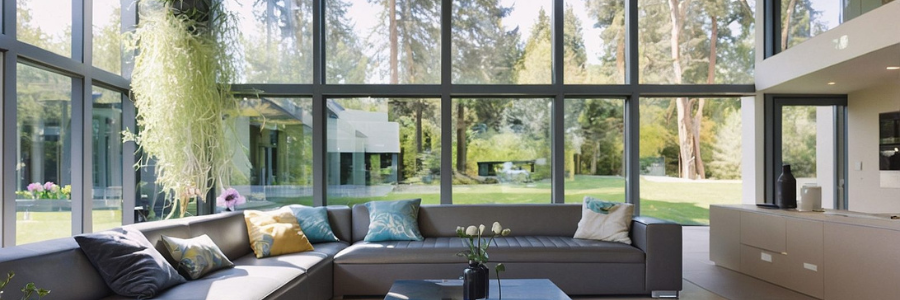
4. Energy Efficiency with Thermal Breaks
While aluminum is a naturally conductive material, meaning it can transfer heat or cold from the outside, modern aluminum windows are designed with a thermal break to address this issue. A thermal break is an insulating barrier placed between the interior and exterior parts of the frame to reduce heat transfer, thus improving the window’s energy efficiency.
This means that aluminum windows can still be energy-efficient when equipped with proper insulation and low-emissivity (Low-E) glass. With these upgrades, aluminum windows can help regulate your home’s indoor temperature and potentially lower your energy bills, making them more competitive with other energy-efficient window materials.
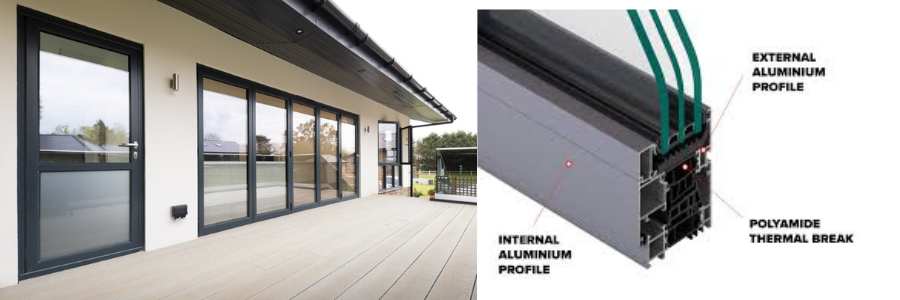
5. Variety of Finishes and Customization Options
Aluminum windows are available in a wide range of finishes and color options, including anodized, powder-coated, or painted finishes. The powder-coating process ensures that the color will be long-lasting and won’t fade or chip easily over time.
You can choose from a variety of colors to match your home’s aesthetic—whether you’re going for a neutral, classic look or something more vibrant. Many manufacturers also offer customized shapes and sizes, ensuring that your aluminum windows are tailored to fit your exact specifications.
Cons of Aluminum Windows
1. Higher Initial Cost
While aluminum windows offer many benefits, they often come with a higher upfront cost compared to materials like vinyl. Aluminum windows typically cost between 20% and 40% more than vinyl windows, and depending on the type of glass and custom features you choose, the price can increase even further.
However, it’s important to remember that aluminum windows generally offer a better return on investment over time due to their durability and low maintenance costs. In other words, although the initial cost may be higher, you may save money in the long run by avoiding repairs, replacements, and upkeep that might be necessary with other window materials.

2. Potential for Condensation
Because aluminum is a highly conductive material, it can be prone to condensation, especially in areas with high humidity or significant temperature differences between the inside and outside of your home. Condensation can lead to moisture buildup on the windowsill, which could cause mold, mildew, and wood rot around the frame.
To minimize this risk, look for aluminum windows that are equipped with a thermal break or double-glazed glass, which can help reduce the condensation problem. Proper ventilation in your home can also help to reduce excess moisture.
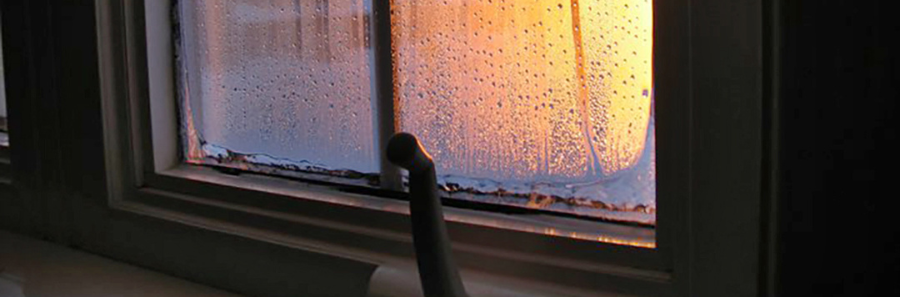
3. Poor Insulation Without Thermal Breaks
Without a thermal break, aluminum windows are not as effective at insulating your home as other materials like vinyl or fiberglass. Aluminum itself is not a great insulator, which means heat loss or gain can occur more easily, leading to higher energy costs and an uncomfortable indoor climate.
As mentioned, modern aluminum windows often come with thermal breaks and improved glazing options to address this issue. Still, it’s important to verify that the windows you select have these features if energy efficiency is a top priority for you.
4. Not as Customizable as Wood
While aluminum windows come in a variety of styles and colors, they don’t offer the same customizability as wood windows. If you have specific architectural or design needs, aluminum frames might not be as flexible as wood, which can be easily molded and stained to create a completely unique look.
Additionally, the visual appeal of aluminum frames may not match the warmth and charm that wood windows can bring to certain architectural styles, particularly in more traditional or rustic homes.
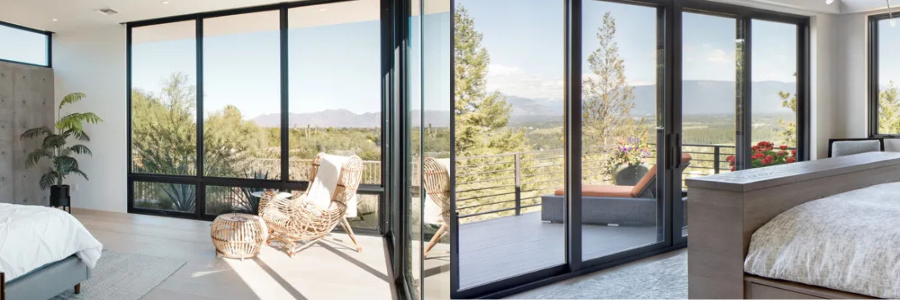
5. Potential for Corrosion in Coastal Areas (Without Proper Coating)
While aluminum is generally resistant to rust, it can corrode over time, especially in coastal areas with high saltwater exposure. If aluminum windows are not properly coated with a protective finish, they could eventually develop surface corrosion, which might affect their appearance and durability.
Choosing high-quality, anodized or powder-coated aluminum windows can help prevent corrosion. Regular maintenance and cleaning can also extend the lifespan of your windows in coastal areas.
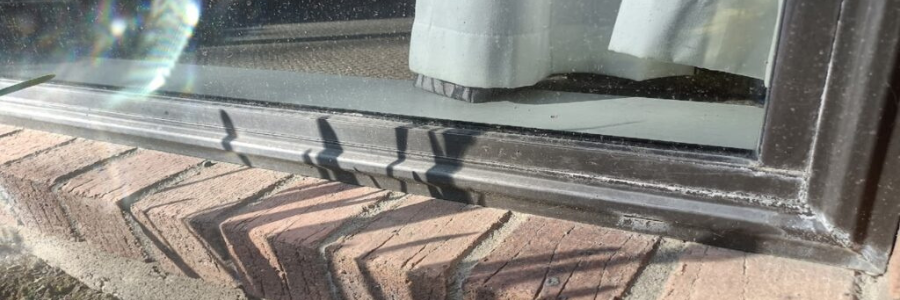
Are Aluminum Windows Right for You?
Aluminum windows offer a range of advantages, including durability, low maintenance, and a sleek, modern look. They are an excellent option for homeowners who prioritize strength, energy efficiency, and minimal upkeep. However, the higher initial cost, potential condensation issues, and lower insulation without thermal breaks should be weighed against your specific needs and budget.
If you live in a mild climate and are looking for windows that will stand the test of time with little maintenance, aluminum windows could be the perfect choice. On the other hand, if you’re in an area with extreme temperatures or are seeking a material that offers superior insulation, you might want to consider other window options, like fiberglass or vinyl.
Ultimately, understanding the pros and cons of aluminum windows will help you make an informed decision that’s best suited to your home and lifestyle.
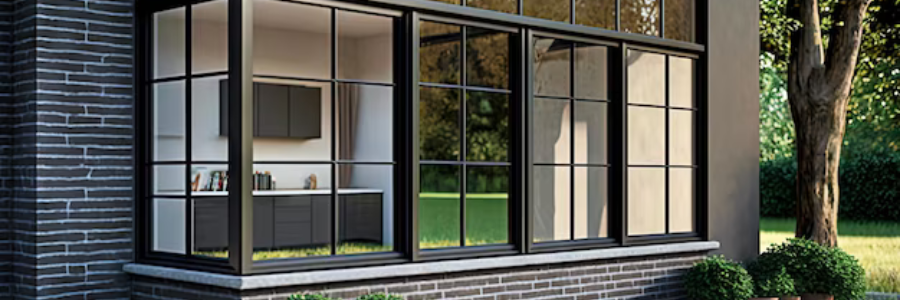
Final Thoughts
Aluminum windows are an excellent option for homeowners who value strength, style, and low-maintenance performance. While the higher initial cost and potential for condensation might be drawbacks, these can be mitigated with modern designs, proper insulation, and a little extra care. By weighing the pros and cons of aluminum windows and considering your specific needs, you can make a choice that enhances both the aesthetic and functional performance of your home.

